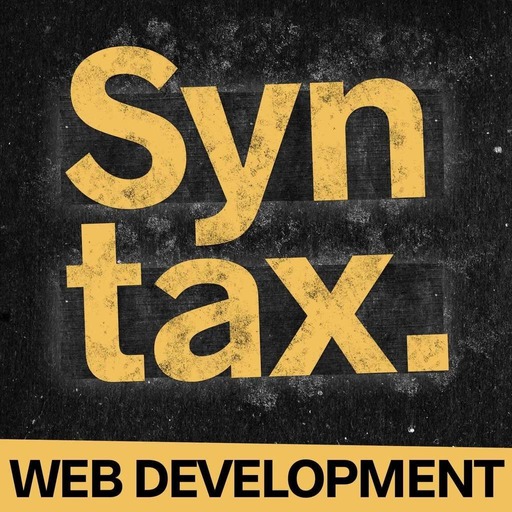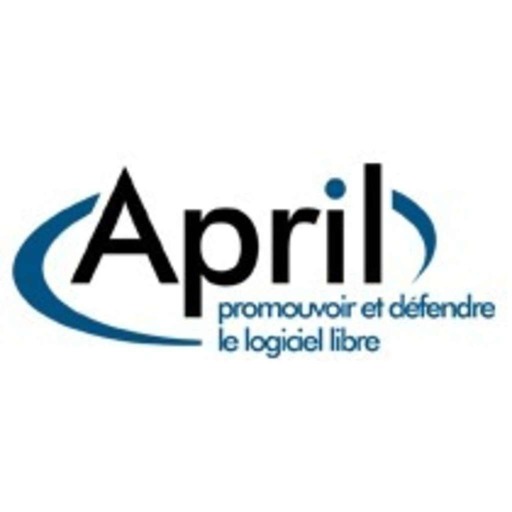In this Hasty Treat, Scott and Wes talk about environment variables — what they are, where you should keep them, and more!
Sanity - SponsorSanity.io is a real-time headless CMS with a fully customizable Content Studio built in React. Get a Sanity powered site up and running in minutes at sanity.io/create. Get an awesome supercharged free developer plan on sanity.io/syntax.
Sentry - SponsorIf you want to know what’s happening with your code, track errors and monitor performance with Sentry. Sentry’s Application Monitoring platform helps developers see performance issues, fix errors faster, and optimize their code health. Cut your time on error resolution from hours to minutes. It works with any language and integrates with dozens of other services. Syntax listeners new to Sentry can get two months for free by visiting Sentry.io and using the coupon code TASTYTREAT during sign up.
Show Notes03:54 - What are they?
- API Keys
- Secrets
- Database URLs
- NODE_ENV
06:16 - Type of env variables
- Plain text
- Encrypted
- Frontend
- Backend
- .env files
- .env is a good package for all langs
- .env.local
- Framework env variables
- System env variables
- Host-provided variables
16:20 - Where should you keep them?
17:34 - Other gotchas
- Netlify Limit is 4096
- Netlify needs a clear cache before it works
- THING=yo node index.js
- cross-env
- NODE_OPTIONS="–inspect"
- Require before run
- Scott’s Instagram
- LevelUpTutorials Instagram
- Wes’ Instagram
- Wes’ Twitter
- Wes’ Facebook
- Scott’s Twitter
- Make sure to include @SyntaxFM in your tweets


 Emissions
Emissions









